We empower organisations to work towards culture change with a shared vision of the advancement of women in medical research.
Through inspiring development programs and transformative change initiatives, we hope to build environments for diverse voices in science to be heard and to lead.
We believe solving complex social problems requires working together in partnerships rather than individual organisations working in isolation.
WiSPP’s efforts are designed to complement and amplify the efforts of our partnering institutes and sector leaders.
As a grassroots collective, we believe real cultural change requires a complementary bottom-up and top-down efforts. We believe solving complex social problems requires working together in partnerships rather than individual organizations working in isolation. Collaboration avoids siloing of efforts, reduces volunteer time and ensures transparency in what really works.
We know this is a complex and multilayered problem and we work across multiple levels to address the issue: we support and empower individuals, we seek to drive organisational change and we challenge the systems that perpetuate inequity.
Opportunities and Initiatives
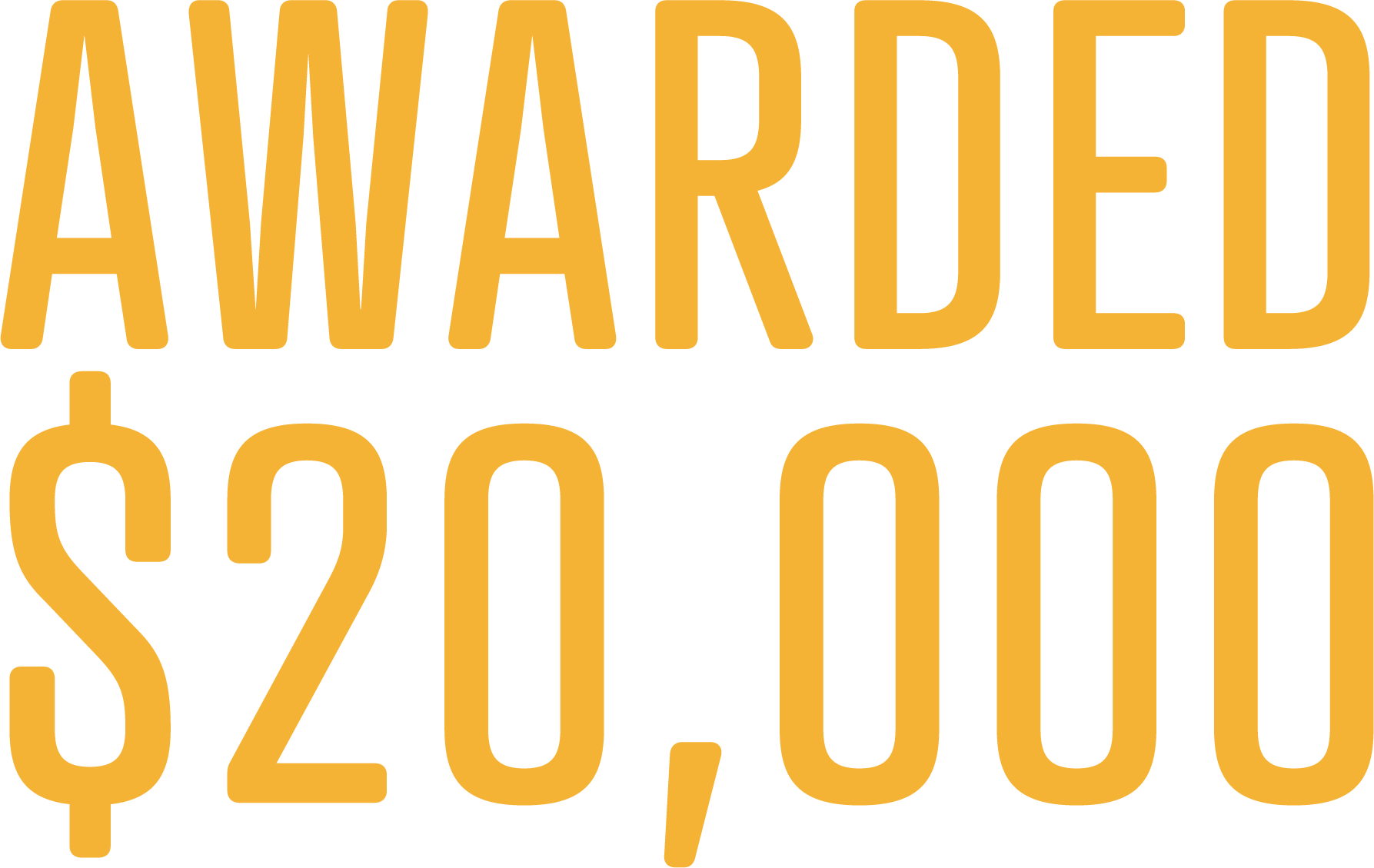
Awarded $20,000 to emerging leaders to achieve their vision in science and medical research.
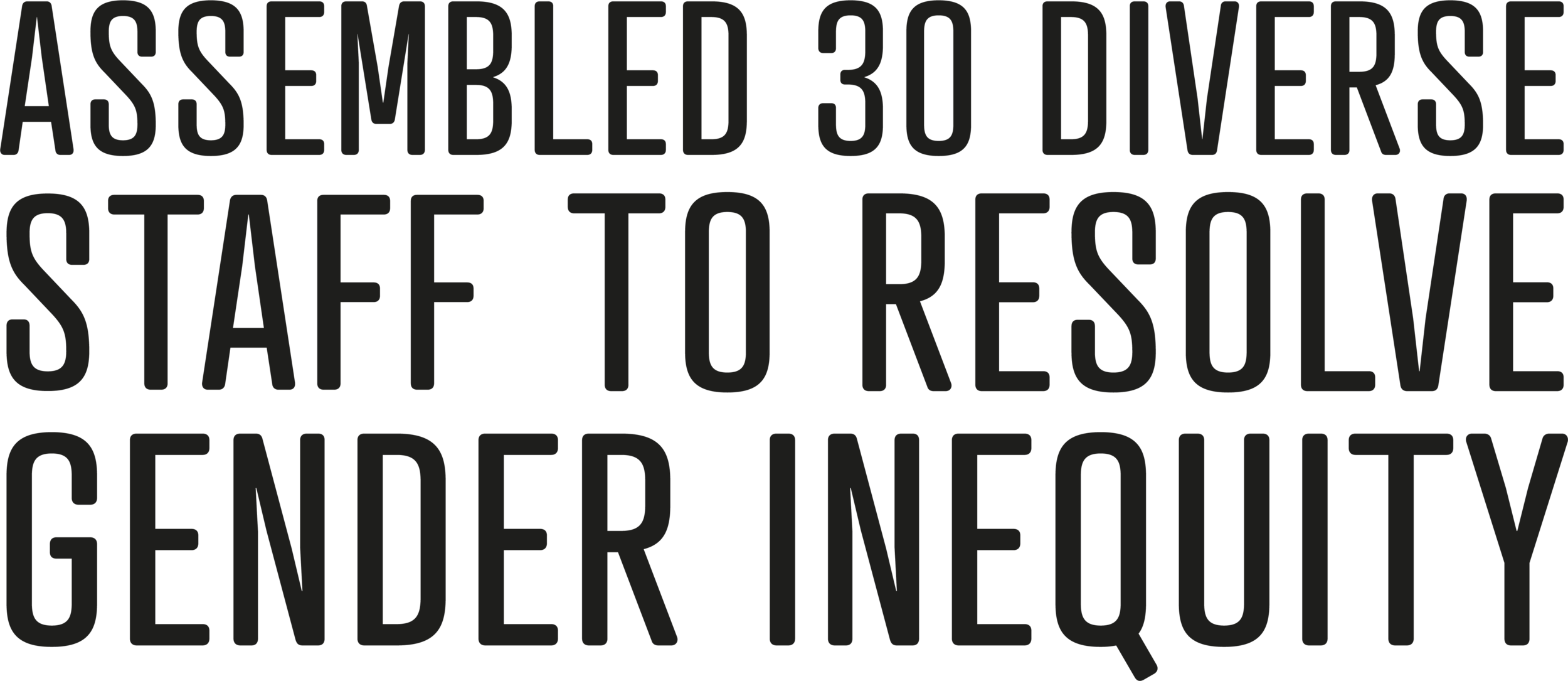
Brought together 30 diverse staff to work on Taskforces to identify causes of and potential actions to resolve gender inequity in medical research.
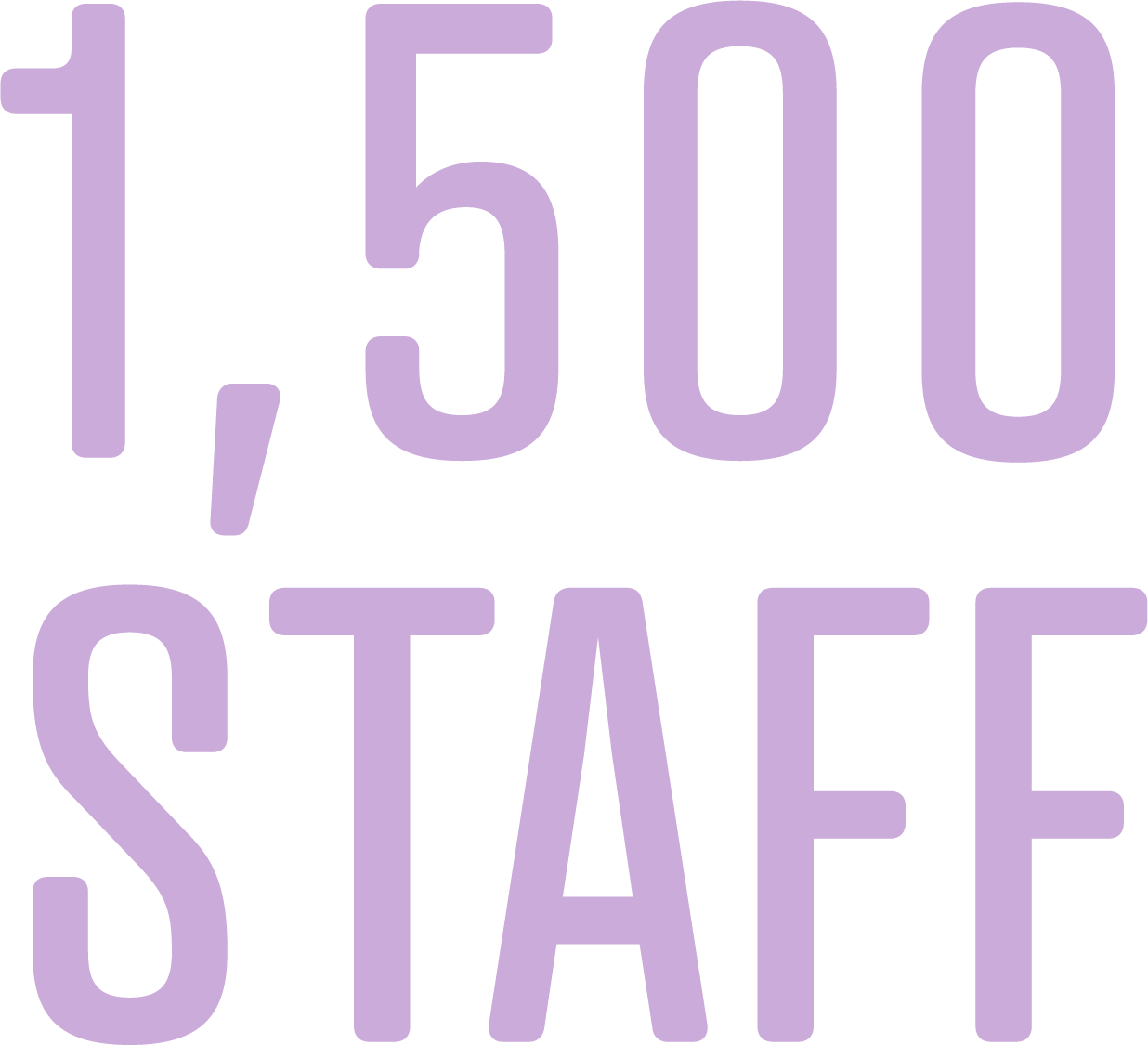
Facilitated workshops for over 1,500 staff in coding, social media, science communication, CV and career interruption statement writing, career pathways, confidence and resilience.
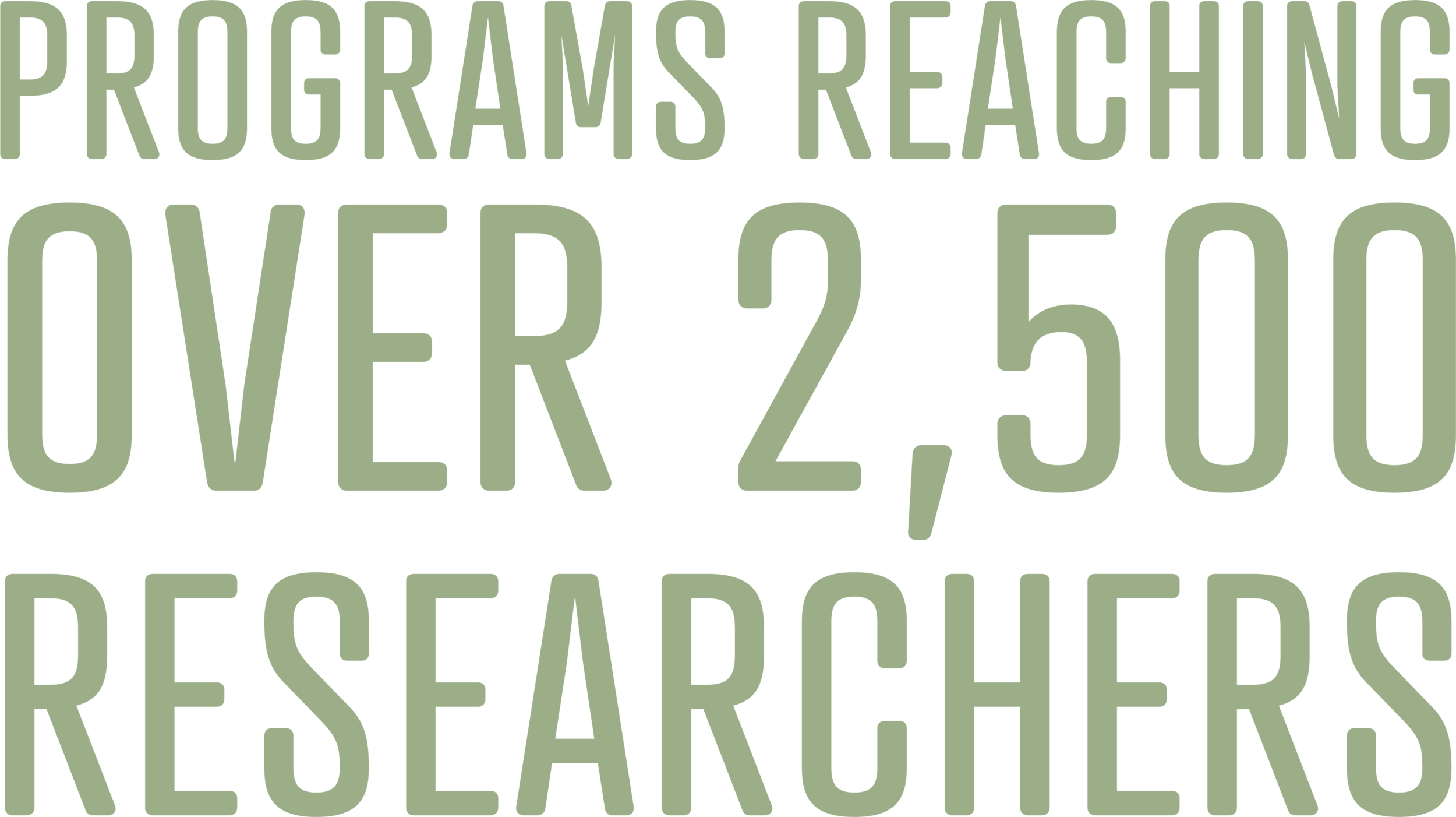
Our programs have reached over 2500 researchers.

Linked 110 women with grant mentors to enable them to get their ideas on paper to attract big funding.
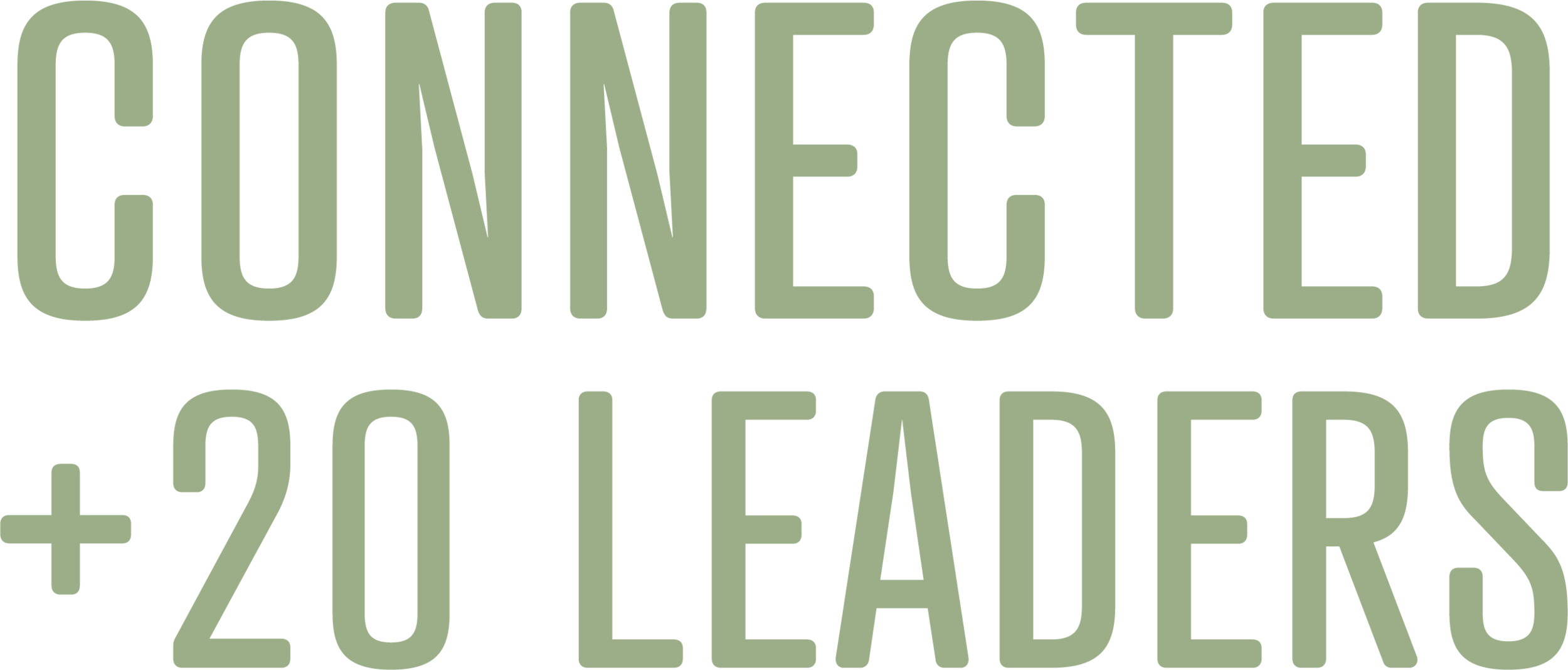
Connected 20 emerging and established leaders to NAB and Deloitte executives, providing high-level leadership and innovation training.

Provided 30 research teams with Inclusive Leadership training designed by the Centre for Ethical Leadership.
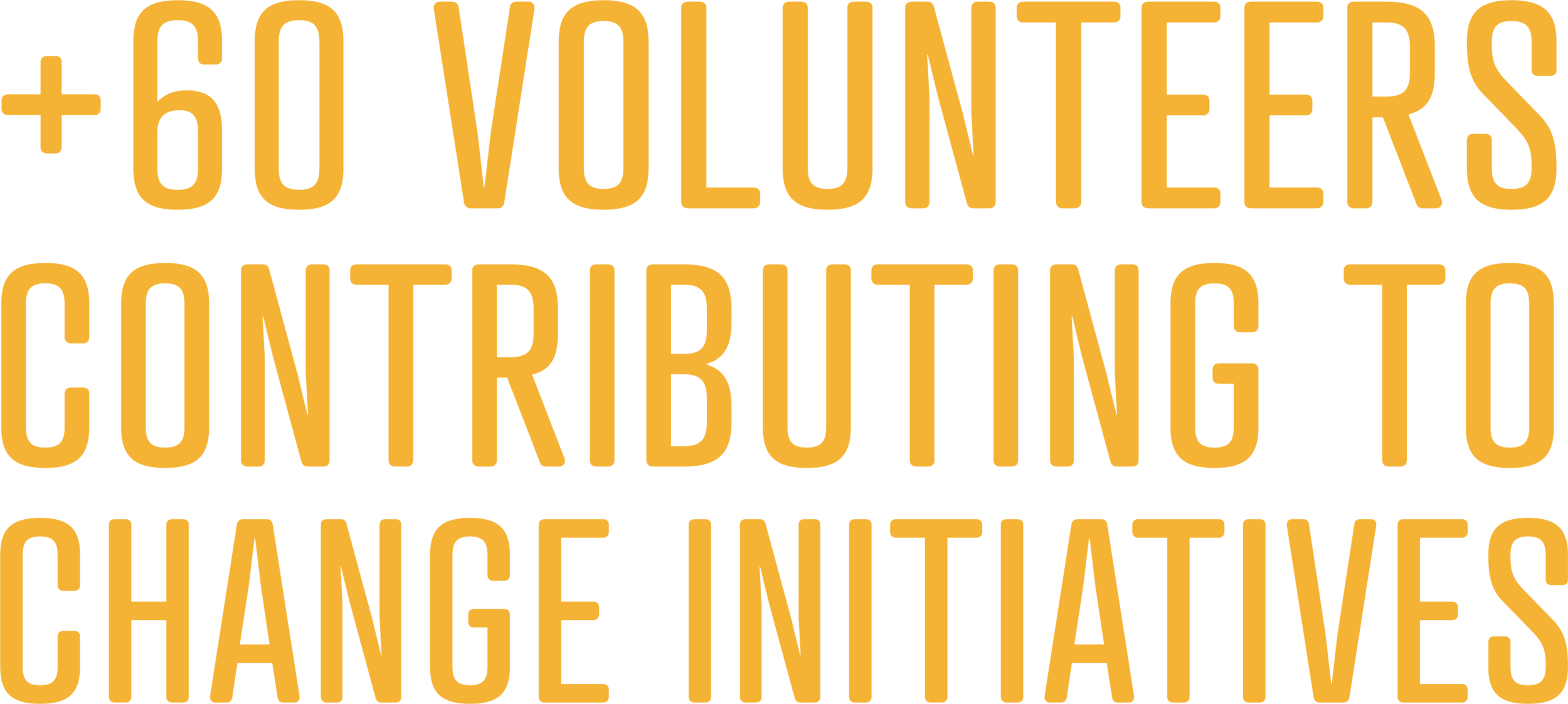
Over 60 volunteers from the five WiSPP institutes have participated in the design of our programs and change initiatives.
Measuring Change
Making and sustaining change is difficult. It requires both identifying that there is a need to change but also providing people with clear steps through which change can happen. Data is essential to this process
In 2016 WiSPP collaborated with the five institutes to develop an agreed set of gender equity metrics and collected data from each institute. The data, routinely collected will enable our organisations to track progress over time and design targeted interventions.
Following a second round of data collection in 2019, we redeveloped our metrics framework to include all indicators we believe are critical to measure the barriers and enablers for career progression in medical research. We considered the cycle of career progression and conceptualised the virtuous/vicious cycle. We recognised that careers tend to progress through iterations, in which Opportunities lead to Achievements which lead to Recognition, which leads to further Opportunities.



